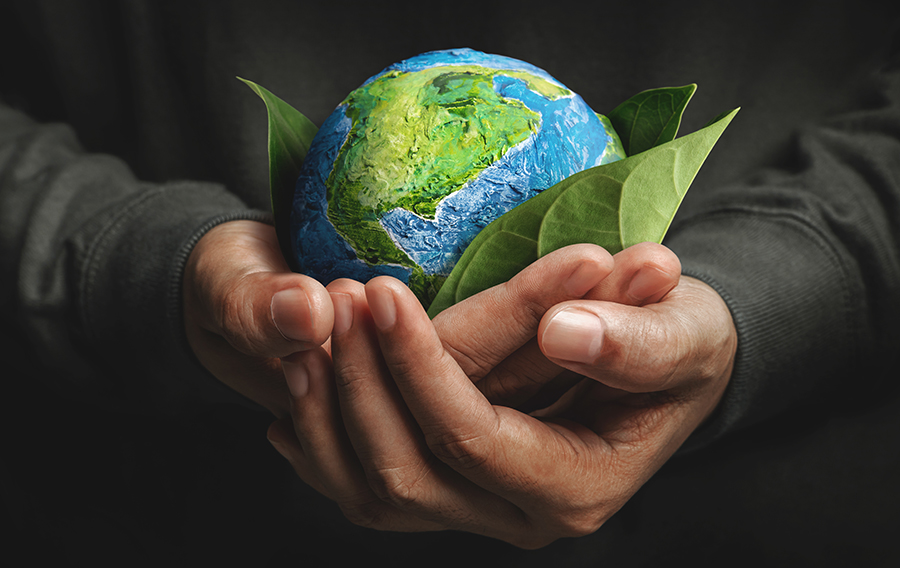World Environment Day, observed on June 5th every year, is a global platform for raising awareness and taking action on pressing environmental issues. It serves as a rallying call to individuals, communities, and nations to come together and make a positive impact on the environment. In this blog post, we will explore the significance of World Environment Day, delve into the key environmental challenges we face, and discuss actionable steps we can take to contribute towards a sustainable future.
Understanding the Significance of World Environment Day
World Environment Day, established by the United Nations in 1972, aims to mobilize global action to address environmental concerns. It provides an opportunity for individuals, organizations, and governments to come together and promote environmental sustainability. Each year, World Environment Day focuses on a specific theme that highlights a pressing environmental issue, generating awareness and inspiring action on a global scale.
Addressing Key Environmental Challenges
#1. Climate Change: Climate change is one of the most critical environmental challenges of our time. Rising temperatures, extreme weather events, and melting ice caps threaten ecosystems, biodiversity, and human livelihoods. World Environment Day encourages us to reduce greenhouse gas emissions, support renewable energy sources, and advocate for climate action.
#2. Biodiversity Loss: The rapid loss of biodiversity due to habitat destruction, pollution, and climate change poses a significant threat to the delicate balance of ecosystems. World Environment Day calls for the conservation and restoration of biodiversity, the protection of endangered species, and the sustainable management of natural resources.
#3. Deforestation: Deforestation contributes to carbon emissions, loss of habitat, and disruption of ecosystems. World Environment Day emphasizes the importance of forest conservation, reforestation efforts, and sustainable land use practices to combat deforestation.
#4. Plastic Pollution: The proliferation of plastic waste has detrimental effects on marine life, ecosystems, and human health. World Environment Day raises awareness about the need to reduce single-use plastics, promote recycling, and find innovative solutions to address plastic pollution.
#5. Water Scarcity: Access to clean water is a fundamental human right, yet many regions face water scarcity due to pollution, overconsumption, and inadequate management. World Environment Day highlights the importance of water conservation, responsible water usage, and the protection of water sources.
Taking Action for a Sustainable Future
#A. Sustainable Consumption: Embrace a more sustainable lifestyle by reducing waste, choosing eco-friendly products, and opting for renewable energy sources. Consume mindfully, prioritize energy efficiency, and support local and sustainable businesses.
#B. Recycling and Waste Management: Practice proper waste segregation and recycling in your home, workplace, and community. Educate others about the importance of recycling and encourage the use of composting for organic waste.
#C. Conservation and Restoration: Contribute to conservation efforts by volunteering for local environmental organizations, participating in tree-planting initiatives, or engaging in habitat restoration projects. Promote the protection of natural spaces and wildlife through advocacy and education.
#D. Sustainable Transportation: Reduce your carbon footprint by opting for public transportation, carpooling, biking, or walking whenever possible. Advocate for improved public transportation systems and support the use of electric vehicles.
#E. Energy Conservation: Conserve energy by using energy-efficient appliances, switching to LED lighting, and turning off electronics when not in use. Consider renewable energy options such as solar or wind power for your home or community.
#F. Water Conservation: Be mindful of water usage by fixing leaks, using water-saving devices, and practicing responsible water management. Educate others about the importance of water conservation and support initiatives that provide access.







